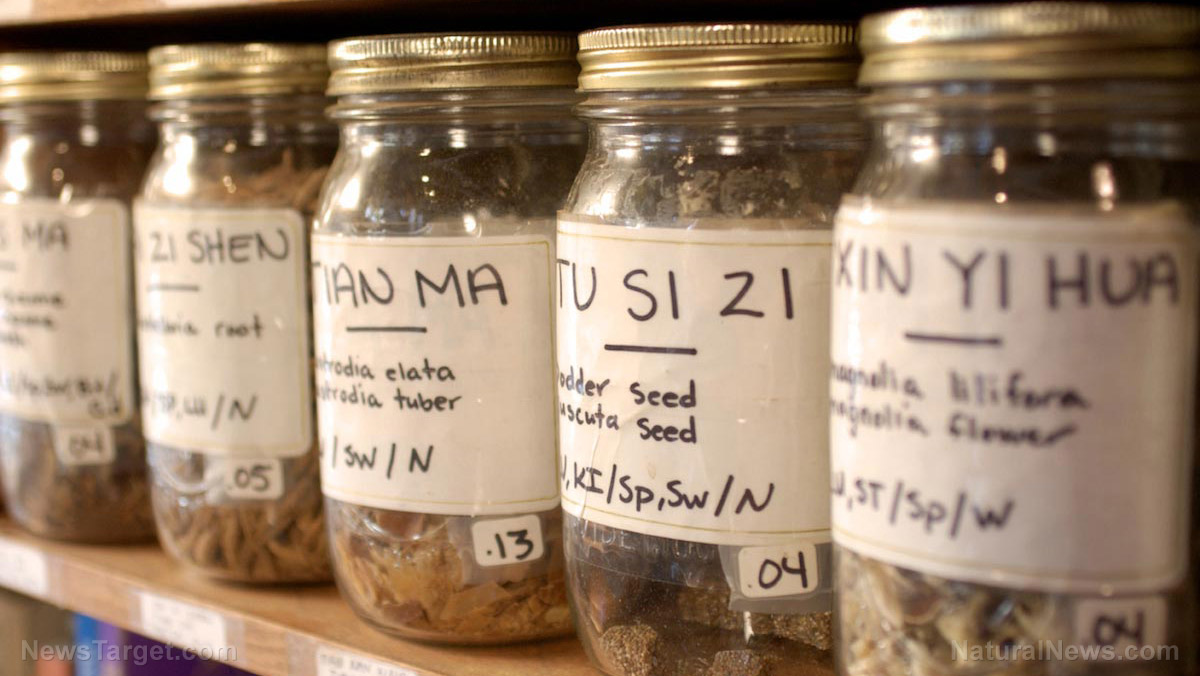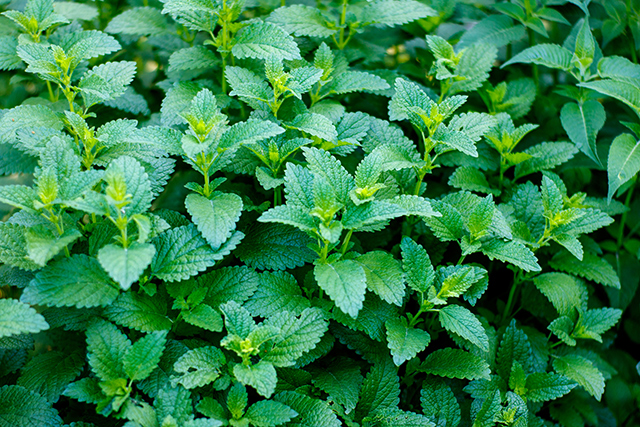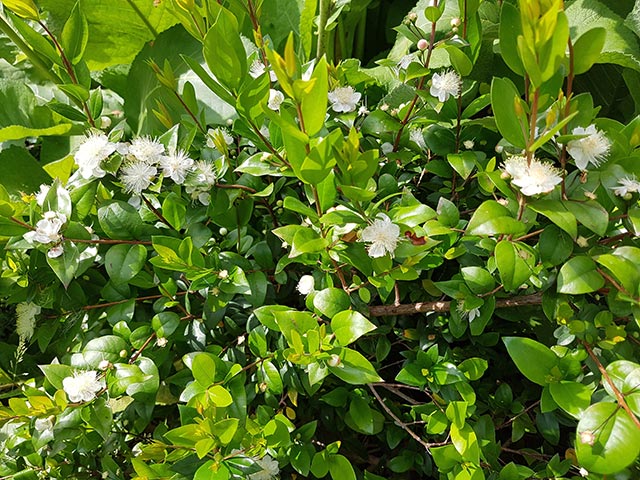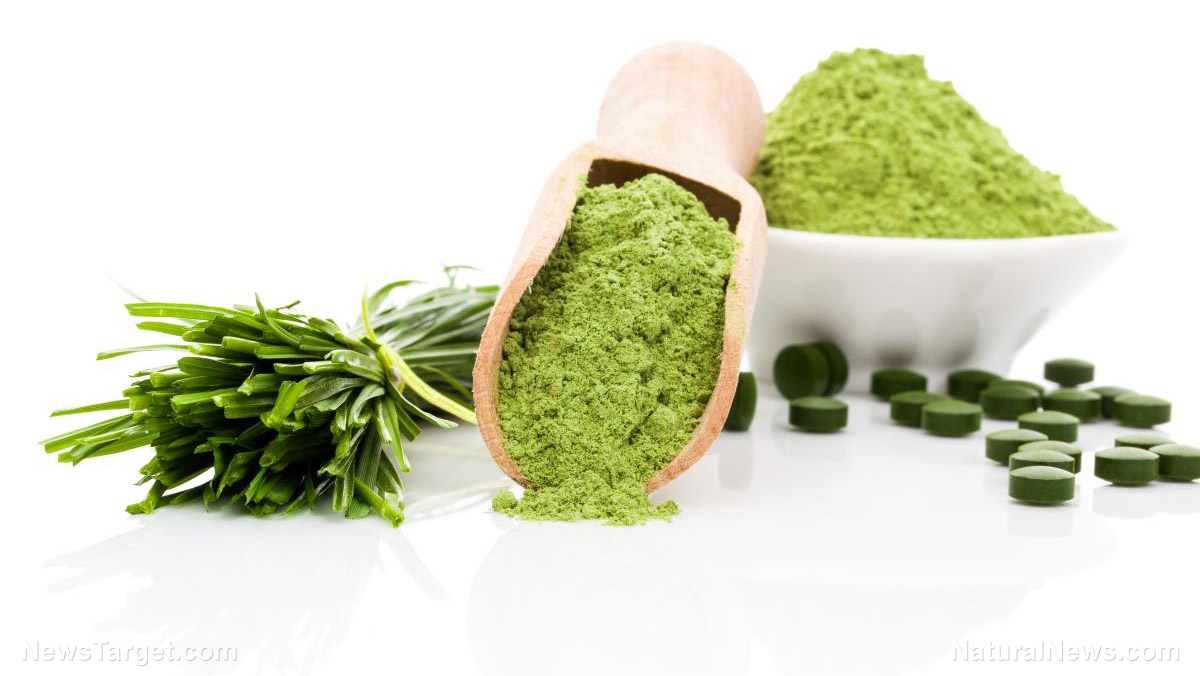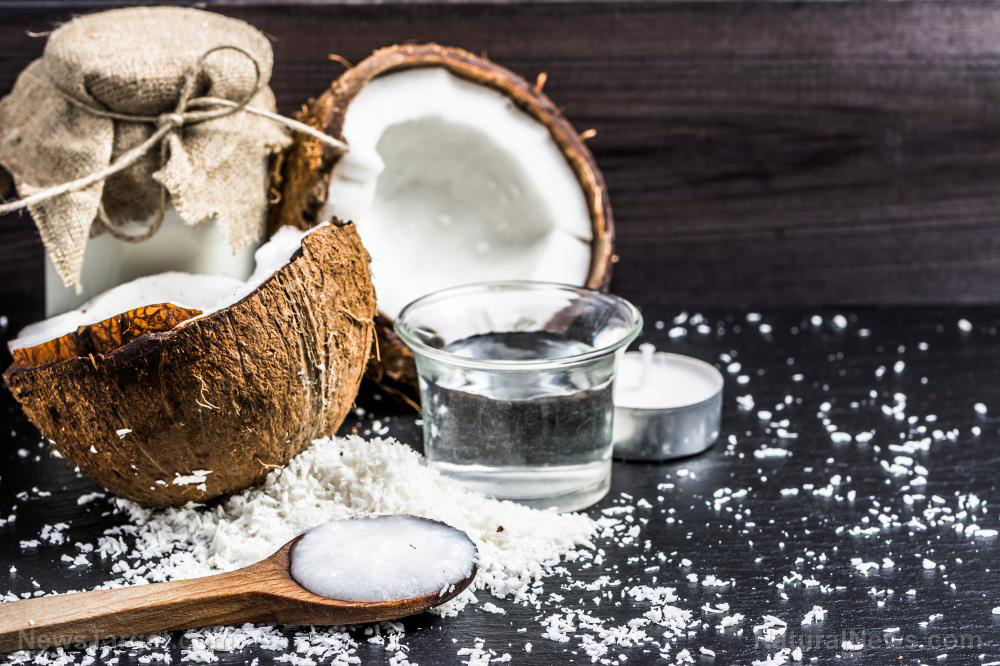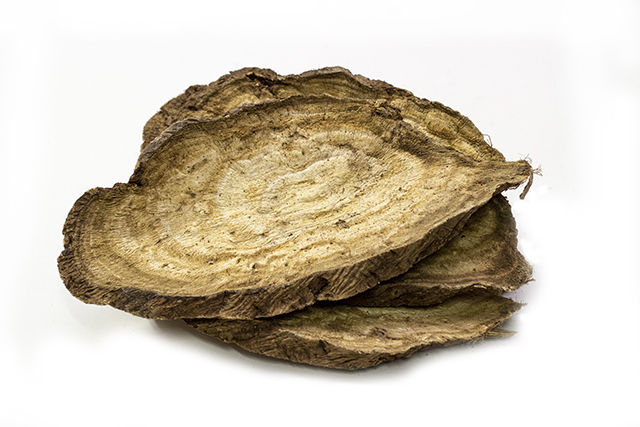Ashwagandha extract helps cancer patients stay strong
11/07/2018 / By Edsel Cook

Cancer brings with it a host of deleterious health conditions such as cachexia, where the body of the patient grows weak. Indian researchers believe ashwagandha root can mitigate this physical degeneration. They tested an extract of the herbal remedy for its anti-inflammatory and anti-tumor activities, which help prevent the progressive condition.
One out of every two cancer patients will exhibit cachexia. Patients lose weight due to the depletion of adipose tissue and skeletal muscle mass.
Both cancer and cachexia are in part caused by chronic inflammation. Inflammatory substances like cytokines weaken the immune system. Not only do they reduce the production of protein while speeding up the degeneration of the same, but they also encourage the development of tumors.
Inflammation also involves reactive oxidant species. High levels of the oxidants trigger apoptosis, the self-destruction of cells. They also damage cell DNA and stop muscles from recovering lost mass.
Most cancer treatments involve chemotherapy and radiotherapy that inflict severe side-effects on the patient. Many patients are forced to turn to traditional medicinal sources to alleviate their symptoms. (Related: Ashwagandha, or Indian ginseng, found to manage and prevent arthritis of the knee.)
A natural anti-cancer approach from India
Ashwagandha (Withania somnifera) is a medicinal plant used in Asia and Africa. It sees a lot of use in the Ayurvedic medicine system of India thanks to its different medicinal properties.
The root contain phytochemicals that fight inflammation, serve as antioxidants that scavenge free radicals, and regulate the functions of immune system. Its extract is also able to halt the proliferation of human promyelocytic leukemia cells. Using more than one formulation of it can reduce the side effects of cancer treatments.
The power of the elements: Discover Colloidal Silver Mouthwash with quality, natural ingredients like Sangre de Drago sap, black walnut hulls, menthol crystals and more. Zero artificial sweeteners, colors or alcohol. Learn more at the Health Ranger Store and help support this news site.
These medicinal properties inspired a research team to investigate the possibility of using ashwagandha root as a source of cheap treatment for cancer cachexia. They thought it could be used to slow down or even stop the depletion of body weight by regulating the immune system, inflammation, and apoptosis. If it proved effective, it could increase the chances of recovery for patients suffering from cancer.
Operating under the auspices of the African Cancer Institute (ACI), they prepared an aqueous extract of the root and measured the amounts of phytochemicals in it. They examined its antioxidant activity, its ability to affect the concentrations of inflammatory cytokines, and its ability to induce cell death in leukemic cells and peripheral blood mononuclear cells (PBMCs).
Ashwagandha can prevent cancer cachexia by reducing inflammatory cytokine levels
The trial lasted for three days. During the first day (24 hours), the extract decreased the viability of PBMCs while raising the viability of THP-1 leukemic cells. This reversed itself by the third day (72 hours).
The ashwagandha extract also inhibited the growth of other cancer cell lines. The effect depended on the dosage, with 30 micrograms per milliliters (mcg/mL) inhibiting 50 percent of the growth.
The researchers found that ashwagandha root extract can scavenge the DPPH free radical. A dose of 0.5 milligram per milliliters (mg/mL) was required for a 50 percent inhibition rate.
Reactive oxygen species similar to DPPH are responsible for the growth of tumors, inflammation, degradation of protein, and cell death. The antioxidant activity of the extract means it can reduce inflammatory cytokines and stop apoptosis.
Furthermore, the extract curtailed the production of most inflammatory cytokines in both PBMC and leukemic cells. For PBMCs, this helps eliminate cancer cells. Against leukemic cells, it reduced their progression and improves immunosuppression.
Inflammatory cytokines also led to the loss of adipose tissue and skeletal muscles associated with cancer cachexia. By lowering the levels of those cytokines, the extract protects both types of tissues from wasting.
For more articles on ashwagandha’s effectiveness as a natural anti-cancer treatment, you can visit CancerSolutions.news.
Sources include:
Tagged Under: anti-inflammation, anticancer, antioxidants, ashwagandha, ashwagandha root, cachexia, herbal medicine, Indian ginseng, natural cures, natural medicine


